Tourism Zero Consortium
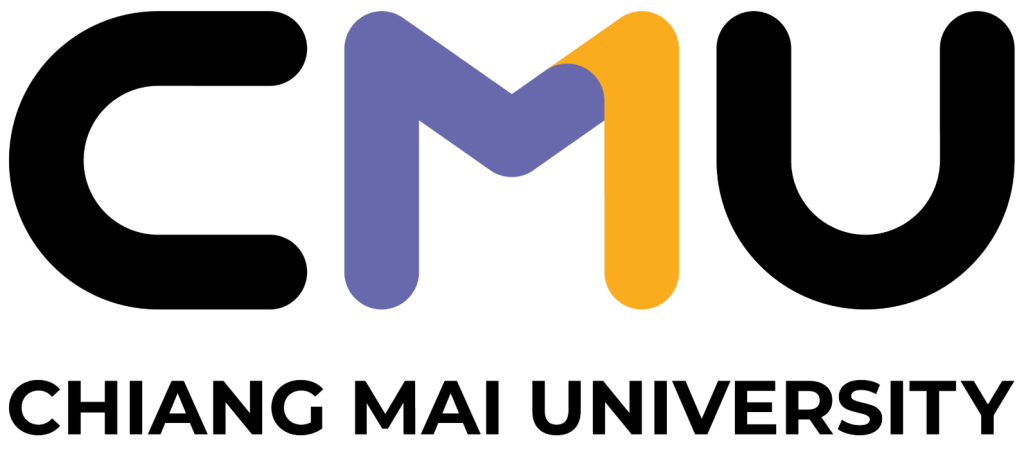
Chiang Mai University (CMU)
CMU is among the country’s oldest institutions offering programs across diverse fields such as business, engineering, medicine, and social sciences in northern Thailand. Currently, it offers two undergraduate study programs related to tourism and hospitality management: the Department of Tourism, Faculty of Humanities, provides a comprehensive undergraduate program covering both tourism and hospitality fields and the College of Arts, Media, and Technology offers the program Modern Management and Information Technology (MMIT) that integrates IT knowledge with organizational management in the business sector and includes electives related to tourism management. Besides, the School of Lifelong Education, empowers individuals by offering tailored educational options, enabling continuous learning and personal growth. CMU’s recent alignment with the Tourism Council of Chiang Mai through an MOU offers a unique opportunity to pioneer a zero-waste tourism capacity-building project, an effort that will also supported by the Integrated Biomass Management Center.
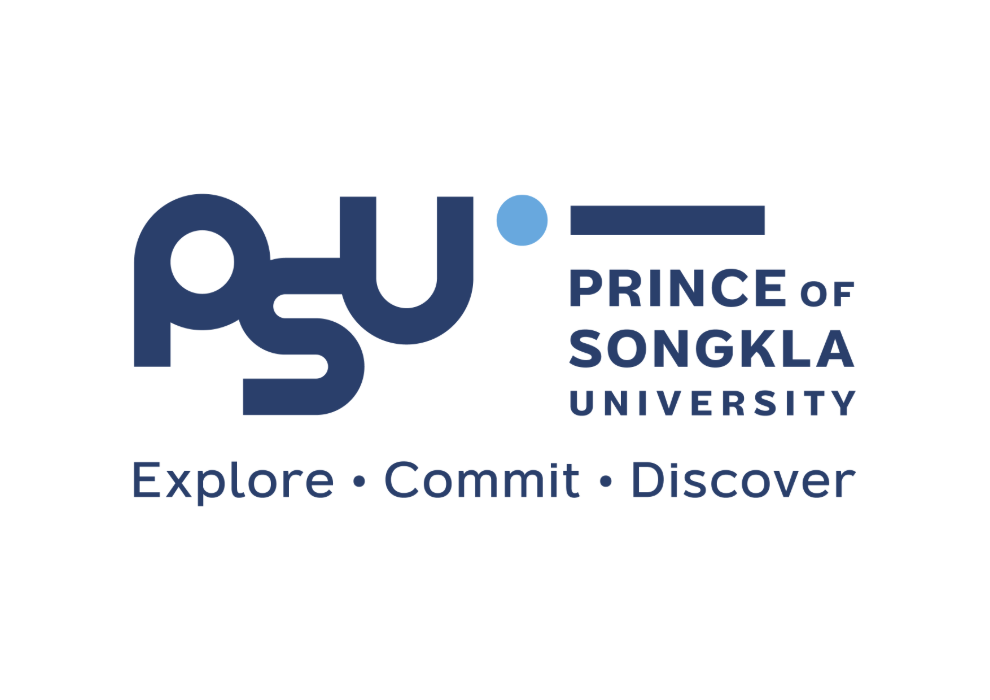
Prince of Songkla University (PSU)
PSU is a large comprehensive and multi campus university, consisting of five campuses across southern Thailand, with the main campus located in Hadyai. PSU is a leading public university, committed to academic excellence, research and innovation, and one of the 9 national research universities. The Faculty of Hospitality and Tourism (FHT) is offering international programs in hospitality and tourism management in order to help support the development of the industry of the country. To date, FHT has more than 2,700 graduates, and supported many key industry and government projects such as Phuket UNESCO City of Gastronomy and the launching of Phuket Sandbox Scheme in the efforts to reopen the tourism destination during the COVID-19 pandemic.
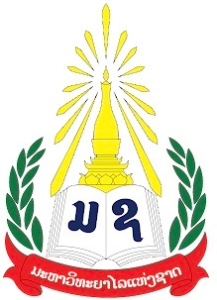
The National University of Laos (NUOL)
NUOL is the oldest and leading university in the country with a high number of business management and tourism development students, particularly in the Faculty of Economics and Business Management (FEBM). The university plays an important role in developing related skills to tourism development by conducting relevant courses, trainings, workshops, conferences, and job fair activities that promote students’ employability.
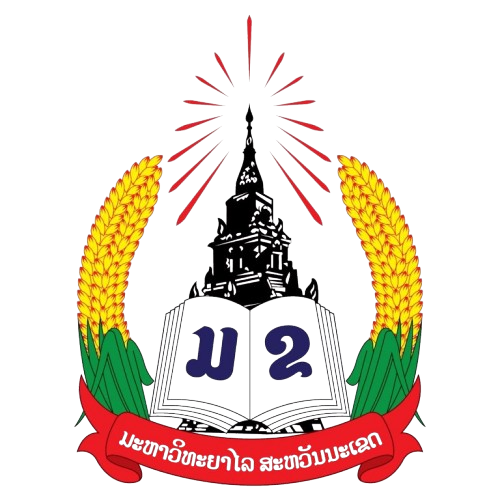
Savannakhet University (SKU)
SKU is committed to the socio-economic development strategy of the 3 provinces (Savannakhet, Khammouane and Bolikhamxay) and equal access to higher education for both urban and rural populations, in particular underprivileged people from rural and remote areas. SKU offers, among others, a Hospitality and Tourism Management (HYM) undergraduate program, the aim of which is to build skills and support human resources in the provinces of the central part of Lao PDR in the tourism sector.

Yunnan University (YNU)
YNU is a national key university. As of 2023, it has 28 schools, 10 research institutes, 1 affiliated hospital, a graduate school, and 84 undergraduate majors, covering 11 disciplines including literature, history, philosophy, economics, management, law, science, engineering, agriculture, education and art. Currently, YNU offers three undergraduate and three postgraduate study programs related to tourism and hospitality management, offered by the Department of Tourism Management and the department of Management Science.
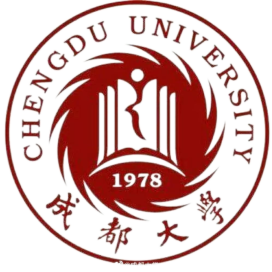
Chengdu University (CDU)
CDU is a key university in Sichuan Province and Chengdu City. CDU has 10 disciplines of arts, literature, management, education, economics, law, engineering, medicine, science and agriculture, 72 undergraduate majors, as well as 9 first-level disciplines authorized for academic master’s degrees and 16 authorized categories of professional master’s degrees. The School of Tourism and culture Industry is one of the first tourism schools in Sichuan Province, with teaching and research excellence and strong school-industry partnerships, offering four undergraduate programs (Tourism Management, Hospitality Management, MICE Management and Cultural Economics and Management) and one MBA program in Tourism Management. CDU has built a strong cross-disciplinary research team whose teaching and research strengths include low carbon technologies and sustainable development, destination planning and management, land & resource use management, etc.
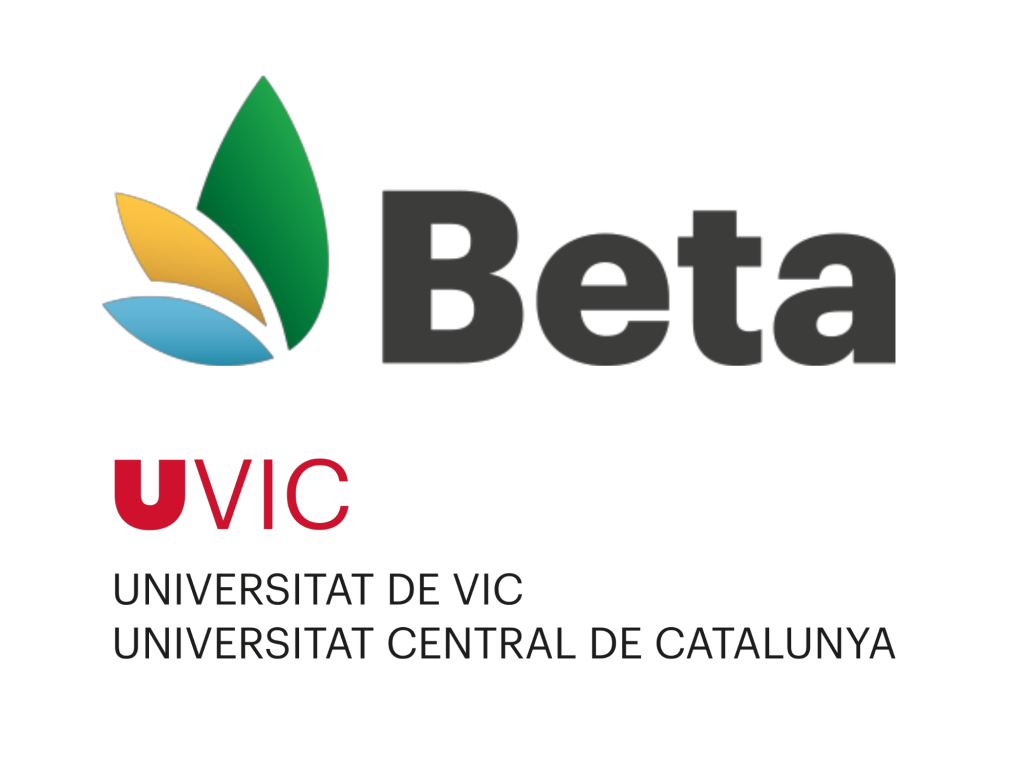
Fundació Universitària Balmes (UVIC)
UVIC, through its Technology Centre for Biodiversity, Ecology and Environmental Technology (BETA) aims to improve competitiveness and technological development in companies through R&D projects at local, state, European, and international levels, developing and transferring innovative and competitive technology with sustainable criteria to the food, waste, and environment sectors. BETA TC is a versatile and integrative team, structured in 5 different strategic areas: (i) Environmental Technologies & Circular Bioeconomy, (ii) Applied Ecology & Global Change, (iii) Soil & Nutrient Management, (iv) Sustainability Accounting and Optimization and (v) Governance for Sustainability. BETA TC focuses its technical activities on: (1) the development of innovative and sustainable technologies to valorise wastes and recover raw materials and high-added value products, (2) sustainability assessment (Life Cycle Assessment methodology (LCA), LCC, Social-LCA, product environmental foot-printing – PEF, etc.) and (3) the evaluation of ecological impacts associated to different stressors and proposal of mitigation and conservation strategies. In the last few years, BETA TC has been involved in several competitive R+D+I projects funded by the EU and in many activities related to the transfer of knowledge to private companies and public administrations in the field of environmental technology and sustainability assessment.
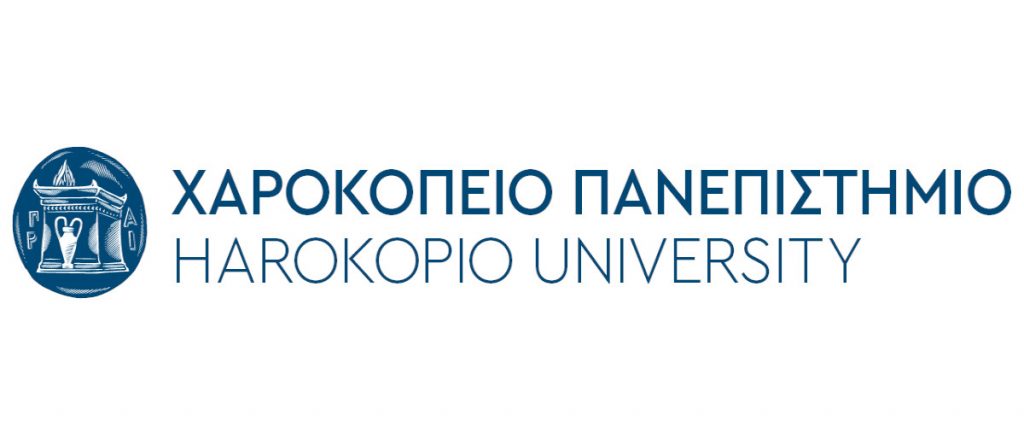
Harokopio University of Athens (HUA)
HUA is a public, higher education institution located in Athens, Greece. It is active in academic research and teaching in the wider fields of Economics and Sustainable Development, Geography, Nutritional Sciences and Dietetics, as well as Informatics and Telematics, all including – to a larger or smaller extent – the study of the different aspects of the environment and sustainability. The mission of the Department of Economics and Sustainable Development is to promote scientific knowledge and research on subjects related, among others, to economy and sustainability, tourism and waste management. The team from HUA demonstrates a multifaceted approach to environmental economics and waste management challenges. Their interdisciplinary collaboration combines economic principles with innovative waste reduction strategies, emphasizing the integration of sustainable practices into local and global contexts.
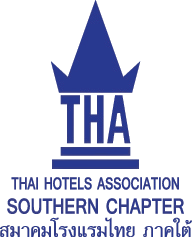
Thai Hotels Association, Soutnern Chapter (THA-SC)
THA was established to create unified standards, information center and networking space for member hotels in Thailand. THA-SC is dedicated to share news, best practices and tourism data among the member hotels and acts on the behalf of hotels on issues and problems that the members might face. In addition, it also represents hotels when contacting governing bodies. Among else, it promotes the provision of training seminars in academic matters related to the hotel business and tourism industry and cooperates with the government preparing policy recommendations to resolve obstacles affecting the hotel business and tourism industry.

Symplexis
Symplexis in an NGO specialised in promoting social integration for the benefit of vulnerable groups, with a significant track record in transnational cooperation projects, which include consultation, research and needs analysis, awareness raising, training and capacity building activities. Symplexis also has wide experience in fostering cooperation between academic and non-academic actors both in EU and non-EU countries, working also with HEIs in Asia (involved in 5 CBHE projects, ECOMARINE, ASTRA, INTEGRA, INNO4Tourism and SustainaBlue). Last but not least, Symplexis works on promoting sustainable environmental protection both in terms of capacity building of professionals and awareness raising of the general public/local communities.
